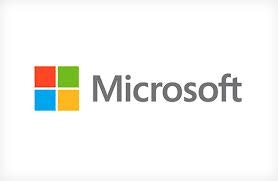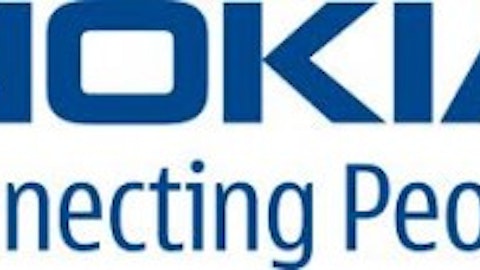With the acquisition of Nokia Corporation (ADR) (NYSE:NOK)’s smartphone division announced last week, Microsoft Corporation (NASDAQ:MSFT) has made a decisive move targeted at gaining ground in the all-important mobile market. Unfortunately for the company and its shareholders, though, industry dynamics are providing a considerable headwind against Microsoft Corporation (NASDAQ:MSFT) in mobile.

A complicated relationship
Microsoft Corporation (NASDAQ:MSFT) and Nokia Corporation (ADR) (NYSE:NOK) have already been working together for nearly three years, yet they haven´t been able to achieve much success in smartphones. According to data from IDC, the Windows Phone platform had a market share of 3.7% during the second quarter of 2013, well behind Apple Inc. (NASDAQ:AAPL)’s iOS with 13.2% and Google Inc (NASDAQ:GOOG)’s Android with 79.3%.
This relationship has been more beneficial to Microsoft Corporation (NASDAQ:MSFT) than Nokia Corporation (ADR) (NYSE:NOK), Nokia has remained the only manufacturer deeply committed to Windows Phone, and its devices accounted for 81.6% of all Windows Phone smartphone shipments during the second quarter of 2013 according to IDC. Nokia, on the other hand, has seen its share of the smartphone market fall from 9.4% in 2007 to just 4.3% in 2012.
Nokia is selling a decaying business segment for a reasonable price, so the positive reaction in the stock price after the announcement is quite understandable. When it comes to Microsoft Corporation (NASDAQ:MSFT), however, things are very different.
To begin with, this acquisition will most likely affect Microsoft Corporation (NASDAQ:MSFT)’s relationship with manufacturers like Samsung and HTC, which have been providing some support for Windows Phone as a second alternative behind Android. Although it may be tempting to compare this deal with the acquisition of Motorola by Google, things are really very different.
Android is the most popular mobile operating system in the world by a wide margin, leaving the platform would be an enormously risky move for companies like Samsung and HTC. Windows Phone, on the other hand, is much less important to them, so they are much more likely to reduce or even eliminate support for Windows Phone after the Microsoft-Nokia deal.
Considering how important Nokia has always been for Windows Phone, the acquisition could be seen as a defensive move in order to protect Microsoft from the possibility of Nokia breaking apart and supporting another operating system in the future.
But the fact remains that Microsoft is going all-in: The company will likely lose support from other partners, so building its own successful smartphones after the acquisition may be Microsoft´s last chance of joining the mobile revolution.
The challenges
Integrating 32,000 Nokia employees with Microsoft’s 100,000 will be no easy task at all, especially considering Microsoft’s mediocre track record when it comes to acquisitions and the fact that both companies have been facing serious difficulties on their own.
But the biggest challenge for Microsoft in the smartphone market is coming from its position of competitive weakness. While Apple Inc. (NASDAQ:AAPL) is the high end leader with its unique brand power and high end hardware, Android smartphones from Samsung and other companies cover a wide variety of options and price points.




